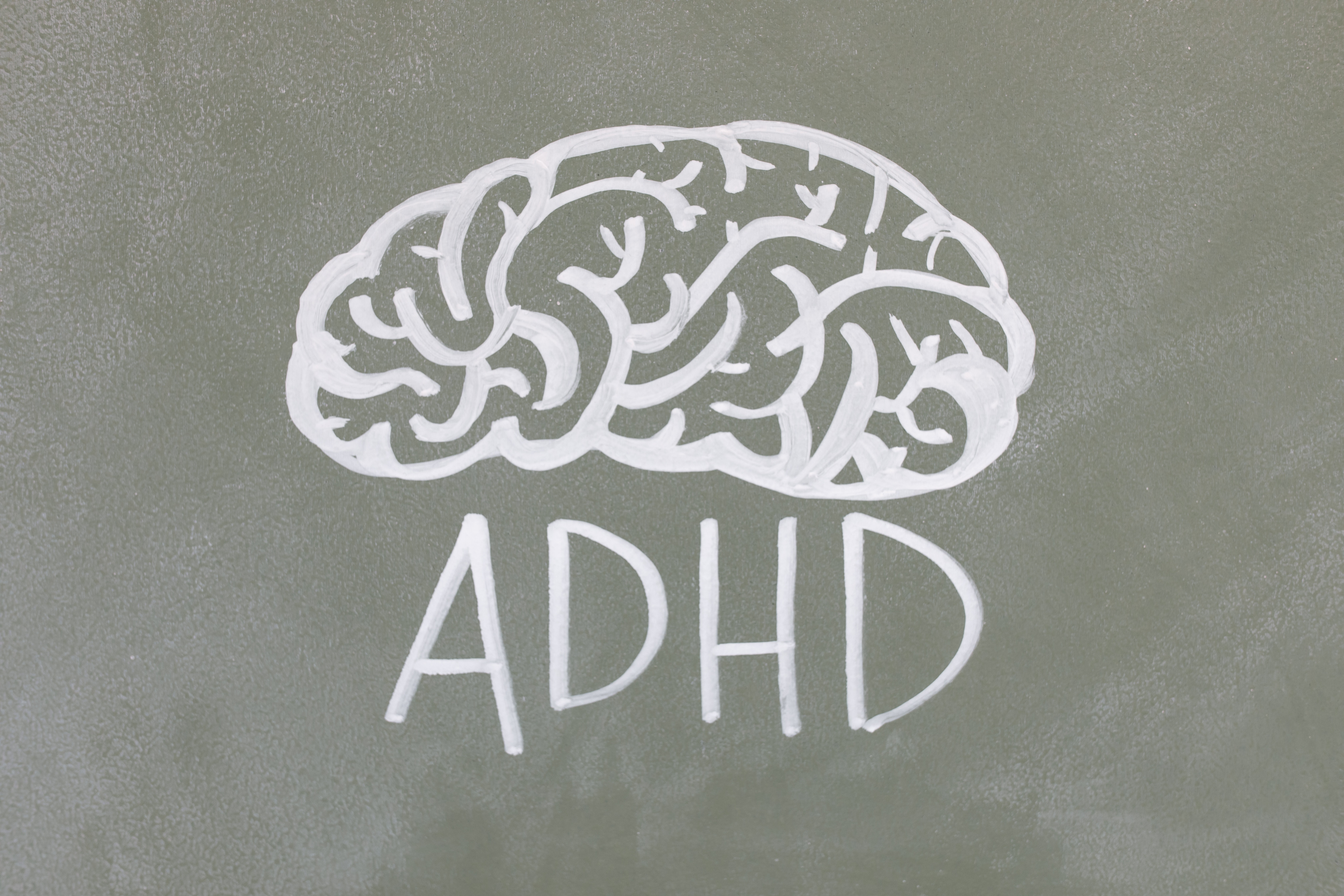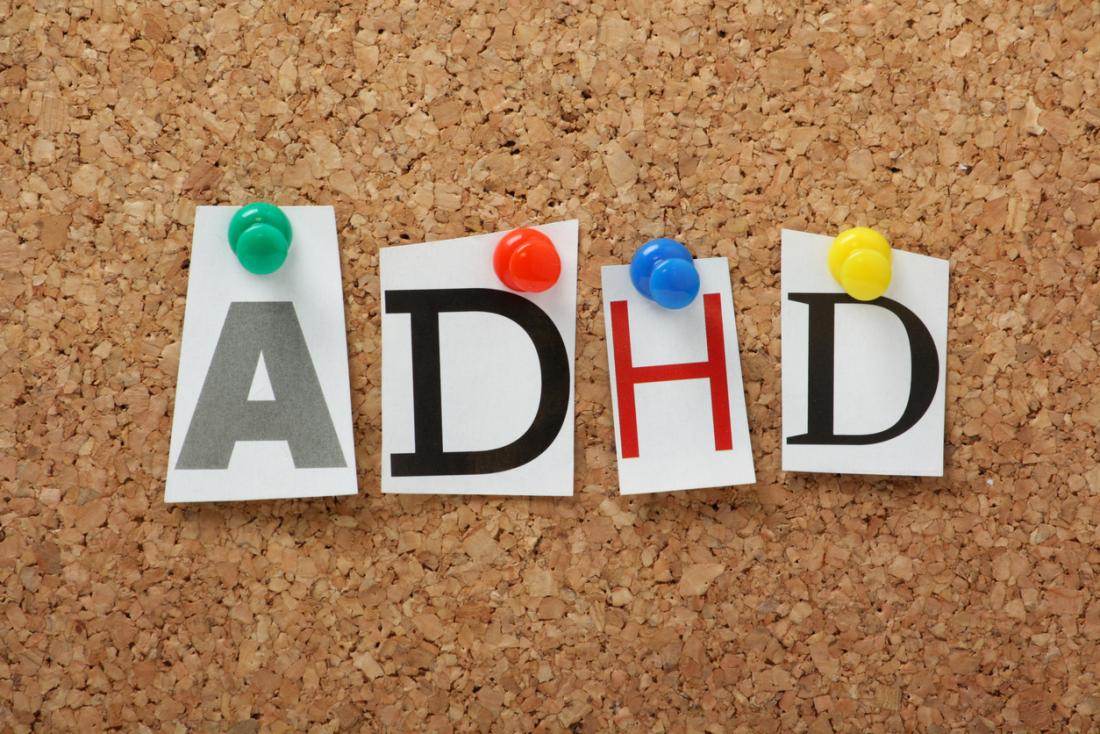Using CBD As A Cure To ADHD
ADHD (also known as attention deficit hyperactivity disorder or hyperkinetic disorder) is the most commonly diagnosed developmental disorder in children and adolescents, and it is characterized by difficulties focusing on tasks and excessive activity. 2–5% of adults are also affected. The diagnosis and treatment of ADHD, which is frequently treated with a combination of behavioral therapy and pharmacological stimulants, are both fraught with controversy.
Author:Suleman ShahReviewer:Han JuMay 02, 20220 Shares266 Views

ADHD (also known as attention deficit hyperactivity disorder or hyperkinetic disorder) is the most commonly diagnosed developmental disorder in children and adolescents, and it is characterized by difficulties focusing on tasks and excessive activity. 2–5% of adults are also affected. The diagnosis and treatment of ADHD, which is frequently treated with a combination of behavioral therapyand pharmacological stimulants, are both fraught with controversy. Hyperactive-impulsive, primarily inattentive, and mixed ADHD are the three subgroups of the disorder. Addiction, notably problematic high-THC cannabis usage, is considered to be linked to ADHD. Using CBD as a cure to ADHD, on the other hand, has been demonstrated to lessen the symptoms of the disease, and CBD-dominant strains show promise when dosed and supplied responsibly.
While most individuals respond to stimulants by feeling more energized, ADHD brains respond in the opposite way: stimulants settle them down. The majority of other medications for these diseases operate by increasing dopamine levels in the brain, which aids in behavior regulation and attention focus. However, these medications have undesirable side effects, particularly when administered to children, and their long-term advantages are debatable. Although further research is needed, limited studies and anecdotal data show that cannabis therapy can help to balance the dopamine shortage seen in ADHD patients. Although some studies have indicated that THC is beneficial for these patients, even improving their driving skills, high-CBD treatments may allow for better attention and concentration without the psychoactivity.
Dr. David Bearman, a leading figure in cannabis research, has over forty years of experience working on substance misuse programs and served on Ronald Reagan's drug abuse task group. He investigated the link between the cannabinoid system and ADHD and revealed that cannabinoids interact with the brain's dopamine management systems, suggesting that they may have therapeutic potential.
According to Bearman, "cannabis appears to cure ADD and ADHD through increasing dopamine availability." "This has the same effect as Ritalin (methylphenidate) and Dexedrine amphetamine, which work by binding to dopamine and interfering with its metabolic breakdown."
"The most well recognized explanation for ADHD is that the brain's primary purpose is to manage input to the other 30%," Bearman explains. "In essence, the brain gets overburdened by too much information arriving at too fast a rate. The brain of someone with ADHD is crowded with and overly aware of all the details of their daily lives."
How To Take The Medicine - Dosage And Delivery
Patients should collaborate with a healthcare professional who has experience recommending CBD or medicinal cannabis to establish and fine-tune dosage and delivery methods on an individual basis. At the same time, well-informed patients can act as their own health consultants.
The dose level should be between the micro and standard ranges for all orally taken drugs. Always begin with a micro dose to determine sensitivity, then gradually increase your dose within the dosing range based on your body weight until your symptoms disappear.
Drops or candies with strains with a very high CBD:THC ratio, such as 24:1, are indicated in the treatment of ADHD in young individuals. CBD oil infusions, glycerin tinctures, sublingual preparations, or pure CO2–extracted concentrates are all good options for kids (no alcohol tinctures). The oil can be consumed alone or in combination with yogurt or other foods.
Concentrates are better for higher doses and can be blended with food (applesauce, nut butters, etc.) or turned into capsules. Adults can consume any of the aforementioned, as well as tinctures, capsules, and other consumables made with alcohol. Pinene and terpinolene-rich varieties with low myrcene levels have been suggested as ADHD treatments. Higher levels of myrcene and linalool may be relaxing when hyperactivity is more of a problem.
In Conclusion
Every day, new evidence, primarily from animal studies, is accumulating, allowing researchers to gain a better understanding of how CBD affects our brains. The large number of patients who have reported improved symptoms after using CBD has further established its use as a viable option. Given how much money has been spent on treating ADD and other mental healthdisorders with little to no success, CBD oil, particularly full-spectrum CBD oil, could be a game-changer.

Suleman Shah
Author
Suleman Shah is a researcher and freelance writer. As a researcher, he has worked with MNS University of Agriculture, Multan (Pakistan) and Texas A & M University (USA). He regularly writes science articles and blogs for science news website immersse.com and open access publishers OA Publishing London and Scientific Times. He loves to keep himself updated on scientific developments and convert these developments into everyday language to update the readers about the developments in the scientific era. His primary research focus is Plant sciences, and he contributed to this field by publishing his research in scientific journals and presenting his work at many Conferences.
Shah graduated from the University of Agriculture Faisalabad (Pakistan) and started his professional carrier with Jaffer Agro Services and later with the Agriculture Department of the Government of Pakistan. His research interest compelled and attracted him to proceed with his carrier in Plant sciences research. So, he started his Ph.D. in Soil Science at MNS University of Agriculture Multan (Pakistan). Later, he started working as a visiting scholar with Texas A&M University (USA).
Shah’s experience with big Open Excess publishers like Springers, Frontiers, MDPI, etc., testified to his belief in Open Access as a barrier-removing mechanism between researchers and the readers of their research. Shah believes that Open Access is revolutionizing the publication process and benefitting research in all fields.

Han Ju
Reviewer
Hello! I'm Han Ju, the heart behind World Wide Journals. My life is a unique tapestry woven from the threads of news, spirituality, and science, enriched by melodies from my guitar. Raised amidst tales of the ancient and the arcane, I developed a keen eye for the stories that truly matter. Through my work, I seek to bridge the seen with the unseen, marrying the rigor of science with the depth of spirituality.
Each article at World Wide Journals is a piece of this ongoing quest, blending analysis with personal reflection. Whether exploring quantum frontiers or strumming chords under the stars, my aim is to inspire and provoke thought, inviting you into a world where every discovery is a note in the grand symphony of existence.
Welcome aboard this journey of insight and exploration, where curiosity leads and music guides.
Latest Articles
Popular Articles
